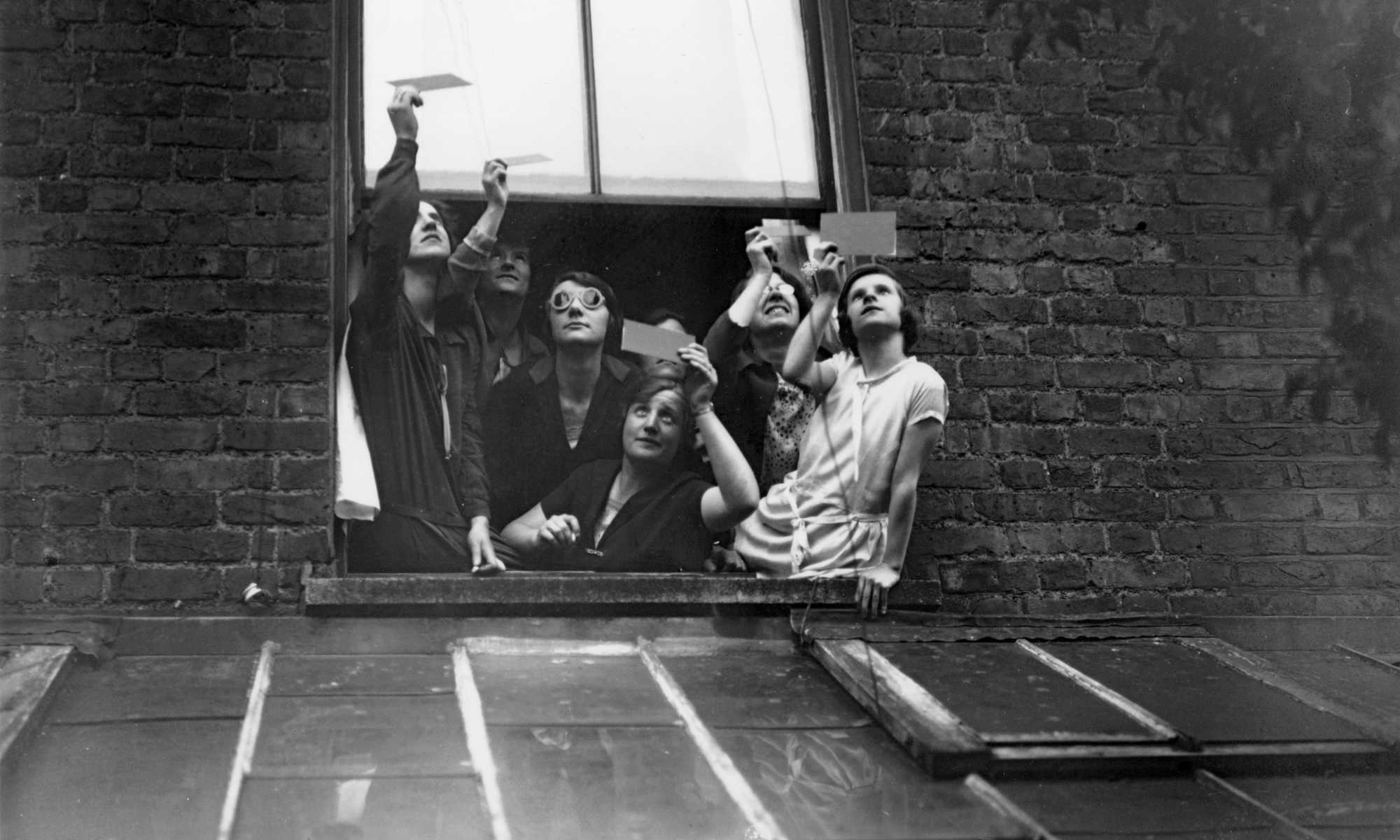Students are often told to “act responsibly.”
That will be more than just good advice this year—it will be a mantra for students, faculty, and staff in the College.
The new school year for undergraduates in Arts, Sciences & Engineering will begin the Year of Responsibility, part of a Communal Principles Project that began in 2011. Coordinated by the Office of the Dean of Students, the project is a key way in which a major academic unit of the University highlights and emphasizes shared goals and values. In addition to responsibility, the other principles are fairness, freedom, honesty, inclusion, and respect. One principle is highlighted each year. The second cycle began last fall with the Year of Respect.
The Communal Principle Project also ties into a University-wide Vision and Values initiative, which was formally adopted by the Board of Trustees this spring. Building from the letters of the University’s motto, Meliora, the new Vision and Values statement articulates and defines core principles that are important to the institution and its community. They include equity, leadership, integrity, openness, respect, and accountability.
For the College, the principle of responsibility is intended to encourage members of the community to uphold “freedom of expression and action in the public arena,” stating that “each person has the responsibility to own his or her own ideas and actions as well as express them in ways that do not limit or threaten others’ freedom to learn, teach, and work.”
Dean of Students Matthew Burns says it’s up to individuals and groups to make each principle relevant as they see fit.
“The way we chose to define responsibility clearly indicates our desire as a community for individuals to own their ideas and actions so as to avoid impinging on others’ rights,” Burns says. “So that all can benefit from an open and honest exploration of ideas in a free environment.”
Jeffrey Runner, dean of the College, echoes Burns’s thoughts.
“Responsibility includes holding ourselves accountable for our actions, including behavior and speech, as well as encouraging each other to recognize the importance of acting (and speaking) in a way that does not hurt others,” Runner says. “Responsibility includes, in my view, the need to be regularly reevaluating how things are perceived by others, and being flexible enough to modify behavior that one may not feel is irresponsible but which for others is perceived as such.”
As part of the Communal Principles Project, students are invited to apply for minigrants, in the amount of $200 or $500, to develop programs and events that exemplify each year’s guiding principle.
“By doing this, we’re showing a commitment to our community that we value our students and want to support their efforts,” says Jessica Guzman-Rea, director of the Paul J. Burgett Intercultural Center.
Details and deadlines for the minigrants will be available at rochester.edu/college/odos/communalprinciples/cpp.html.




